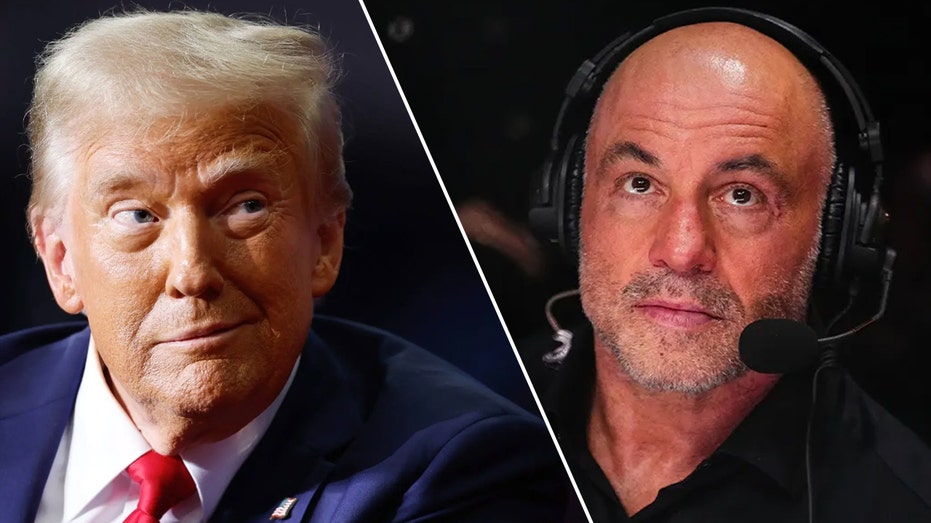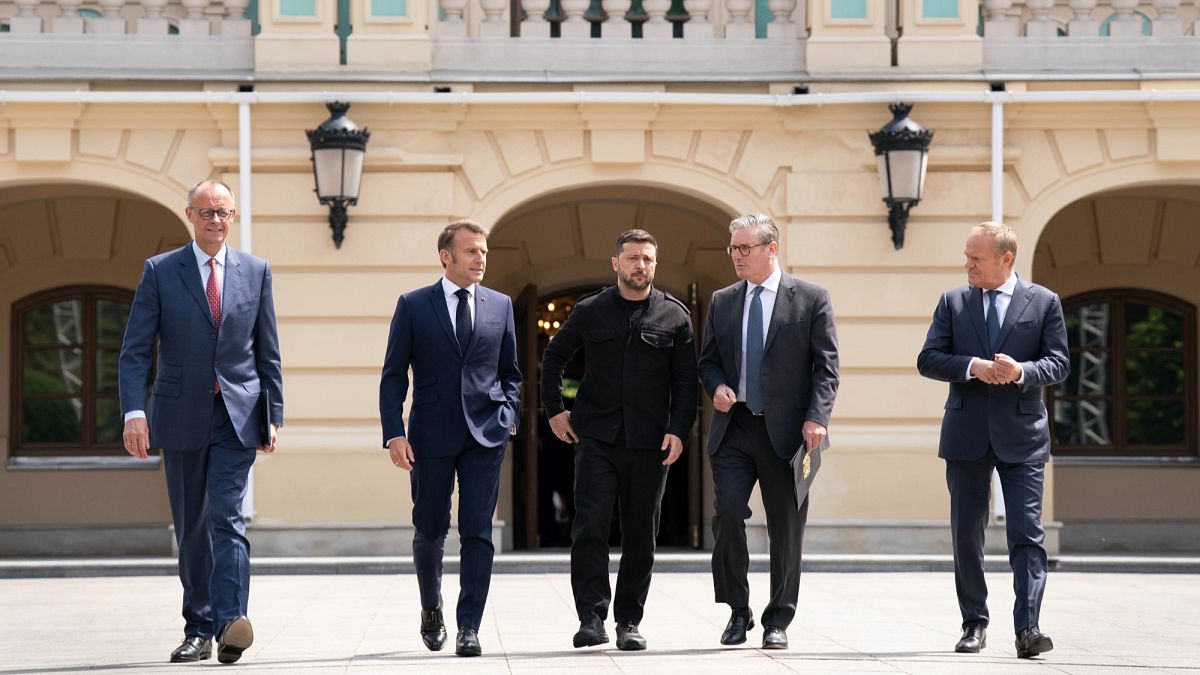The Podcast Campaign: Is it curtains for mainstream media?
Although much of this year's presidential campaign played out on TV, traditional media is being written off as old news while digital media and podcasts are the hot new players.

There’s growing chatter that it may be time to play taps for the purveyors of traditional media.
Much of the presidential campaign played out on television. But TV, along with print, is being written off as old news, a horse-and-buggy relic, the last of the dinosaurs to inhabit the earth.
Now this is the point in the narrative where I say that podcasts and digital media are the hot new players, that the candidates made all kinds of news on these outlets, and that they’re more entertaining than organizations built around actual journalism. All true. I’m a podcaster myself. It’s a freewheeling forum.
But the phrase making the rounds in conservative circles is this: "You are the media now."
TRUMP, DEFYING MEDIA PREDICTIONS, MAINLY PICKS SEASONED CAPITOL HILL VETERANS SUCH AS MARCO RUBIO
And what that means is that anyone can have a voice. The average person can start a Substack page or a blog or a podcast and draw a following. The average person can sound off on TikTok, Instagram, Threads, Facebook and X. The corporate barbarians no longer control the gates.
And this is a healthy thing. It opens up the national conversation and allows for unconventional and unorthodox ideas to circulate – such as that the Covid lockdown was not such a great idea and that the Hunter Biden laptop was not Russian disinformation.
Elon Musk, in a pitch for X, has embraced the concept: "Something's wrong with the press, guys. Journalism is dead. What the heck is going on? It's bizarre."
But the mirror image of everyone being the media is that everyone has to be a media consumer. The online world, as everyone knows, is filled with vitriol and conspiracy theories. It’s up to each person to filter that out (or not), and whether to stay in a cocoon that reinforces his or her opinions.
WHY THE MEDIA WAITED TILL NOW TO ADMIT HARRIS RAN A LOUSY CAMPAIGN
This is especially true in the Trump era, given his attacks on "fake news" and a basic disagreement on fundamental facts. Despite the president-elect’s stunning margin of victory, this is still a fiercely divided country with two diametrically opposed views of reality.
Charlie Warzel at the Atlantic has written smartly about this:
"Media institutions were somehow failing to meet the moment, but it was also unclear if they still had any meaningful power to shape outcomes at all.
"News sites everywhere have seen traffic plummet in the past two years. That’s partly the fault of technology companies and their algorithmic changes, which have made people less likely to see or click on articles when using products like Google Search or Facebook."
But, says Warzel, "audiences are breaking up with news, too. An influencer economy has emerged on social-media platforms. It’s not an ecosystem that produces tons of original reporting, but it feels authentic to its audience."
Yet the obituaries for traditional media are premature. Sure, it was a great idea for Trump to spend three hours with Joe Rogan and for Kamala Harris to appear on "Call Her Daddy."
MEDIA LIBERALS SAVAGE KAMALA AS TRUMP PICKS EXPERIENCED HARD-LINERS
But when Harris spent a month hiding from the media, the pressure grew for her to do a sitdown television interview. She eventually did with CNN’s Dana Bash.
Another major event was the vice president’s contentious interview with Fox’s Bret Baier.
Meanwhile, the leaks on Trump’s appointees have mainly been to the big newspapers and cable networks.
So-called "legacy" outlets – which, by the way, all have major websites – do reporting as well as commentary. For all their flaws, they are slower because journalism takes time and mistakes are embarrassing. And even those who don’t trust these news organizations will cite them when it’s politically convenient: "Even the New York Times says–"
In fact, for all of Trump’s use of Truth Social and self-posted videos, he cares about the legacy media as much as anyone. He talks to reporters virtually every day, even those he doesn’t like, and monitors the TV and newspaper coverage, so he can hit back at anything he deems inaccurate or unfair. And, as the campaign showed, he is impervious to the avalanche of negative coverage, and the consistently glowing coverage of Kamala didn’t help her in the end.
Newspapers, while largely abandoned by younger people staring at their phones, also have an echo-chamber influence. The other day, The New York Times reported that lawyers at the Justice Department are worried about a Trump purge. The story was covered on cable all day long.
Says Warzel: "Independent online creators aren’t encumbered by any of this hand-wringing over objectivity or standards: They are concerned with publishing as much as they can, in order to cultivate audiences and build relationships with them. For them, posting is a volume game. It’s also about working ideas out in public. Creators post and figure it out later; if they make mistakes, they post through it. Eventually people forget."
The old run-and-gun approach.
So I’m not buying the notion that traditional journalism is washed up, especially those outlets that do investigative reporting. They still play a pretty central role, which is why the campaigns spent zillions on TV ads.
But it may also be telling that Chris Wallace, with his three-year CNN contract expiring, is leaving to start a podcast.
My takeaway is that those of us in the news business now have to share the microphone with millions of other voices. And I’m not losing any sleep over that.
What's Your Reaction?

















